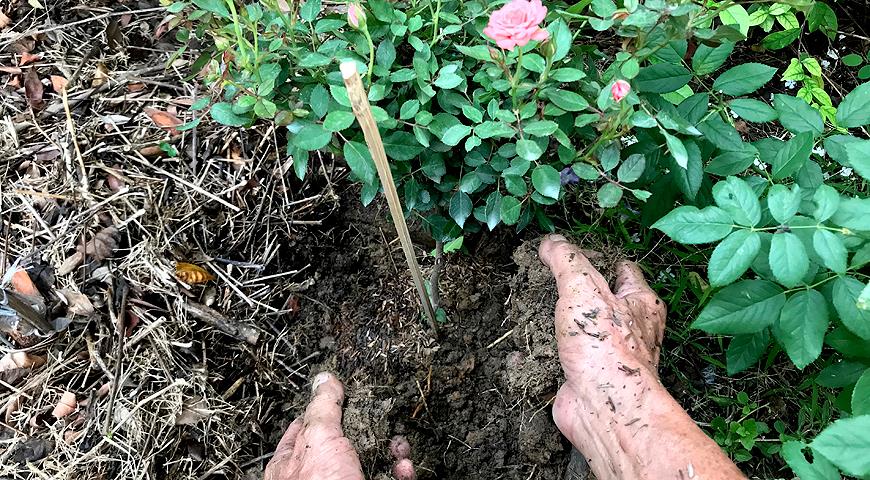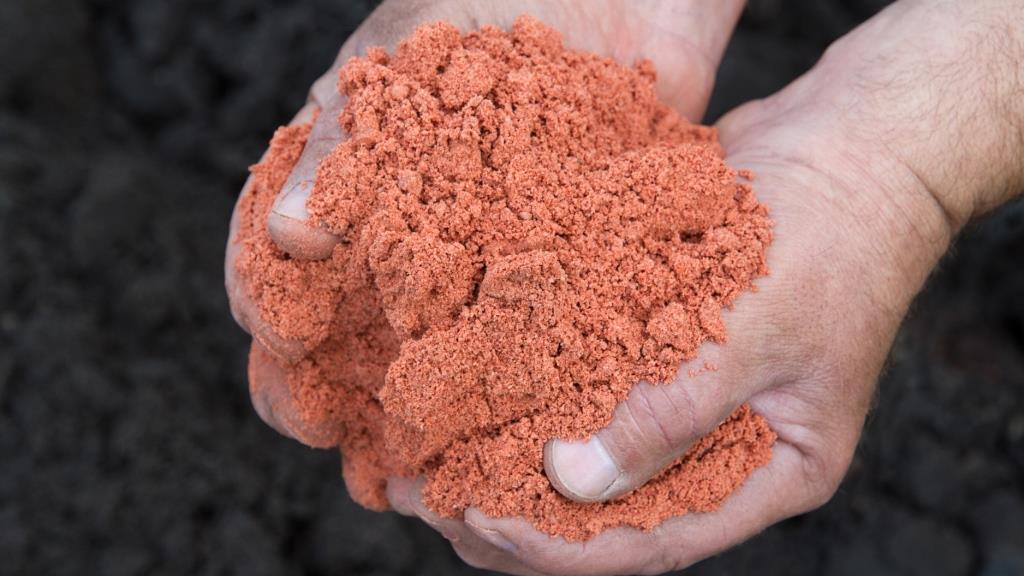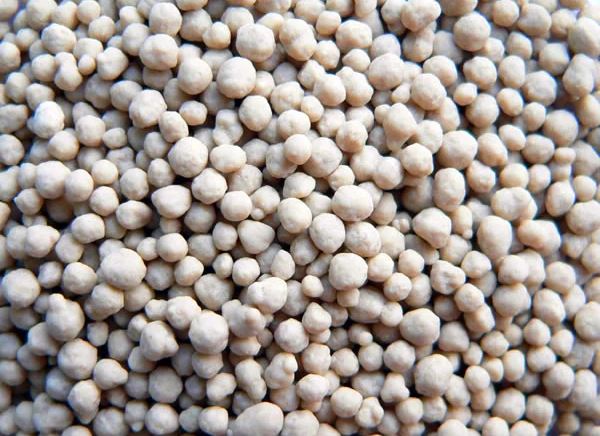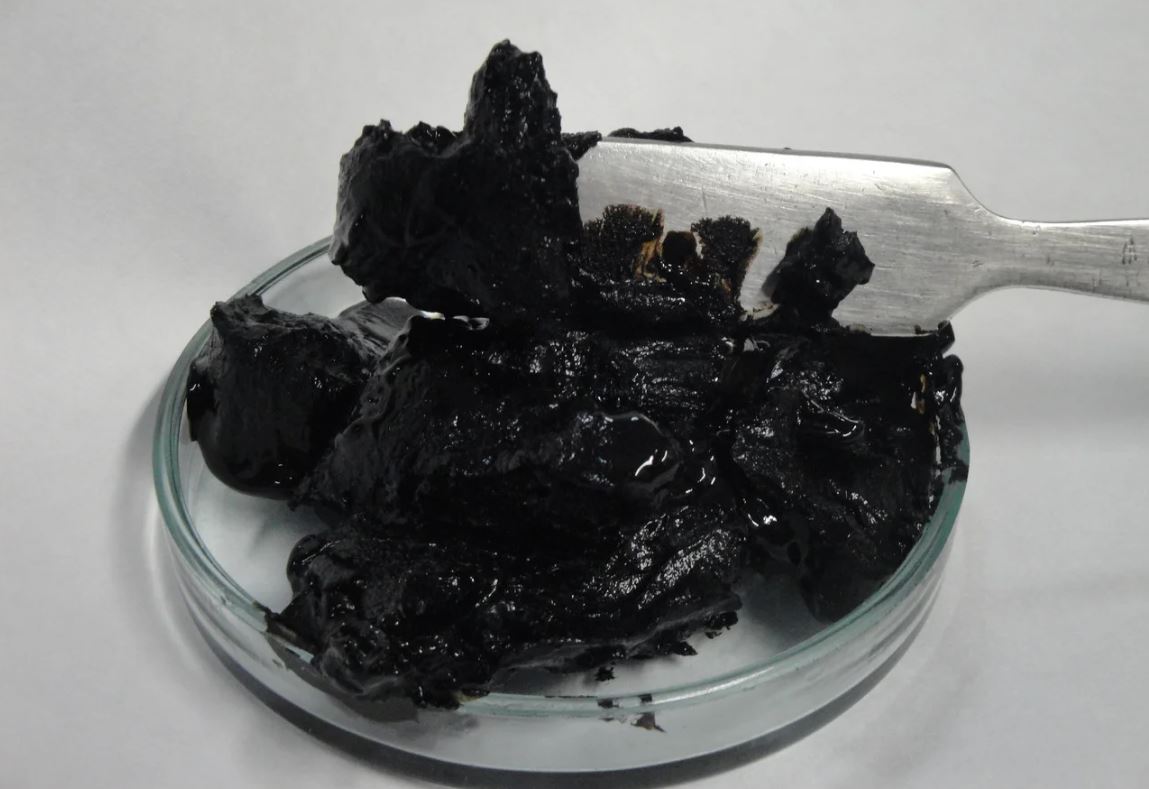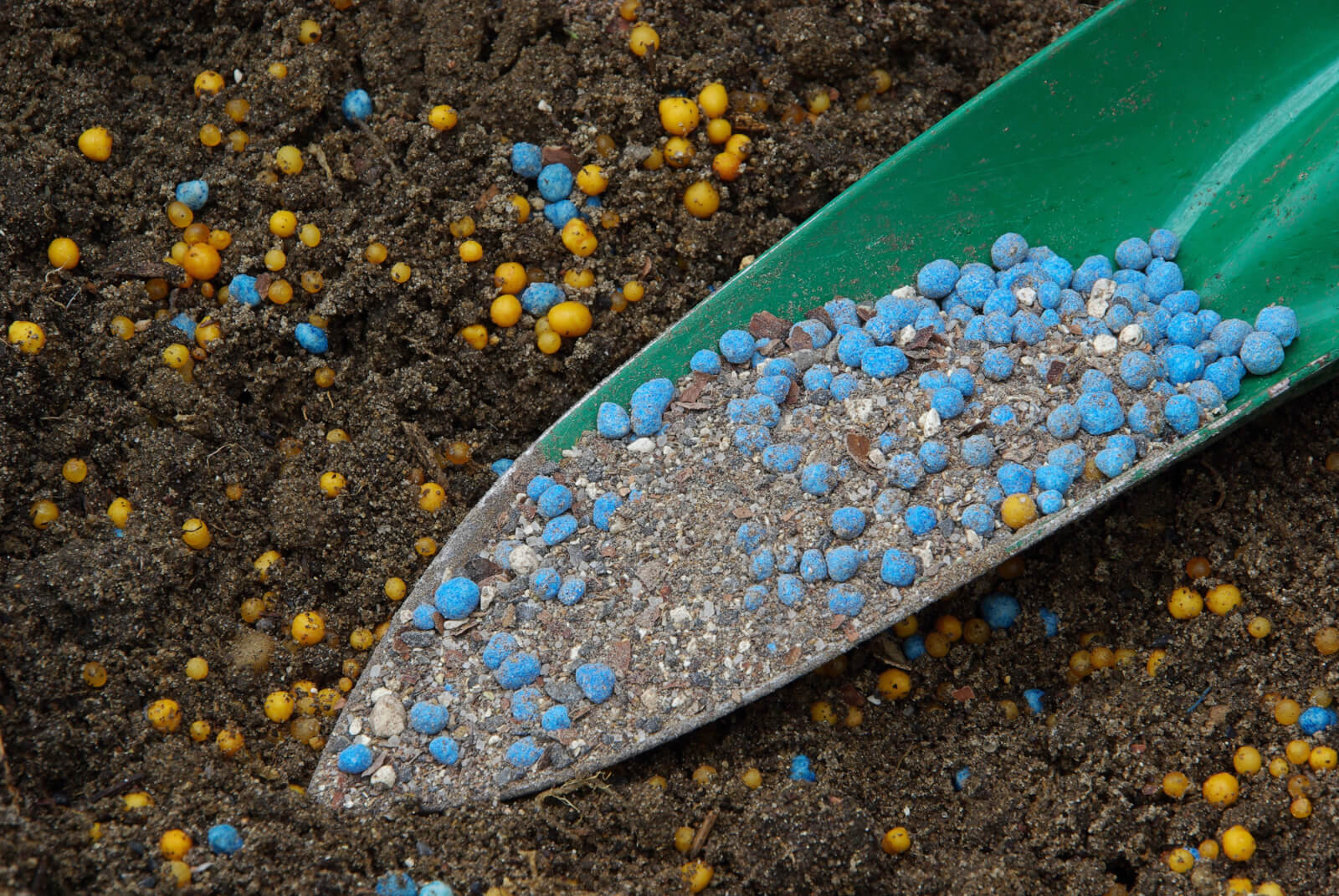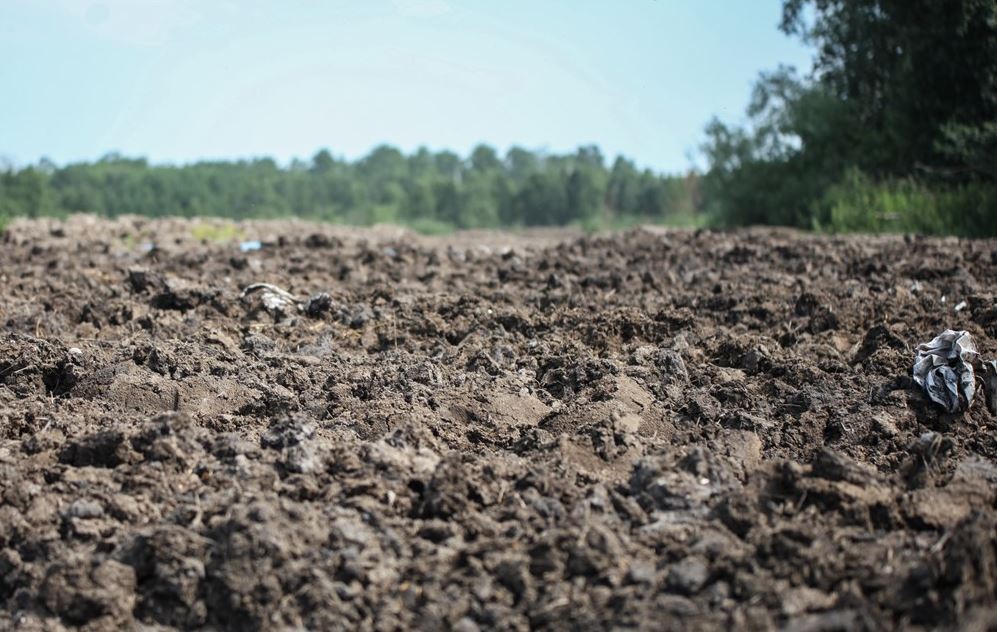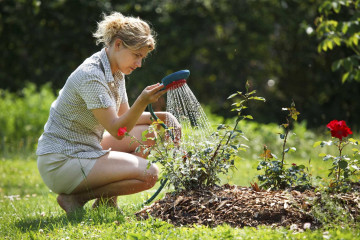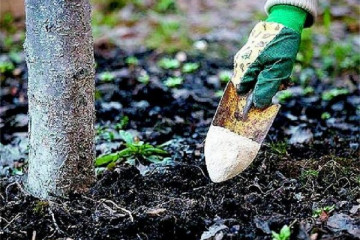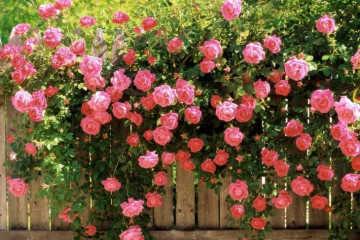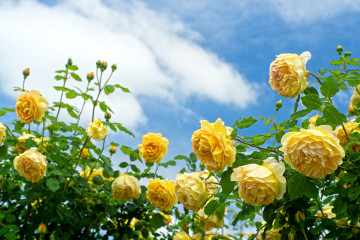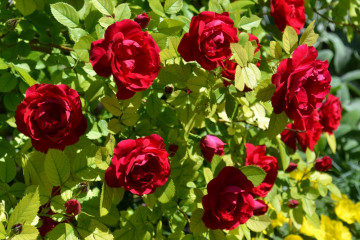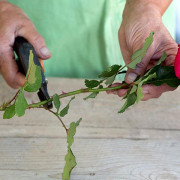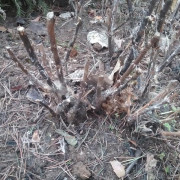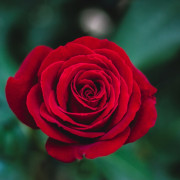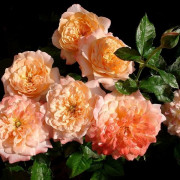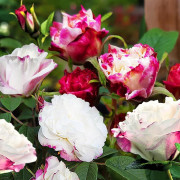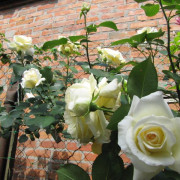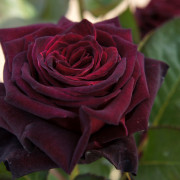Fertilizing roses during budding and flowering
Content:
It is impossible to grow healthy and beautiful roses without fulfilling the basic agrotechnical requirements. For example, in the process of growing roses must be fed during budding and flowering. Before you start growing this flower, you need to familiarize yourself with how to properly fertilize it.
Fertilizing roses during flowering: is it necessary to do it
Bushes planted in the soil must be properly looked after so that they do not die and bloom in time in the summer. Flowers must be watered, because without moisture they will grow slower and may dry out.
You also need to regularly treat flower bushes with special insecticides and fungicides. These drugs are used to protect plantations from dangerous pests and diseases. If necessary, roses in the garden must be pruned.
Particular attention in the process of caring for planted roses must be paid to fertilization. The fact is that such a plant can develop and grow normally only if it is grown in soil with a sufficient amount of nutrients. If you do not feed the plant in a timely manner, it will begin to show signs of micronutrient deficiency. Flowers become weaker, get sick more often and are attacked by pests.
How to fertilize flowers during a set of buds
In June, when the budding period begins for flowers, it is necessary to feed the rose bushes more often. During this period, the plants weaken due to lack of potassium. Therefore, in order to prevent the appearance of signs of potash deficiency, the following types of dressings must be added to the soil:
- Potassium salt. This feeding composition should be used regularly, as it contributes not only to nutrition, but also to the improvement of the soil. Also, the use of potassium salt several times reduces the amount of nitrates in the ground. This top dressing should not be used in large quantities. No more than 30-40 grams of fertilizer is consumed per square meter.
- Potassium sulfate. It is a highly concentrated top dressing that is often used when growing flowers. Outwardly, it looks like a crushed white powder with a yellowish tinge. It contains about 50% potassium. Thanks to the addition of potassium sulfate, roses will bloom brighter and longer. Before using such a top dressing, it must be diluted in water.
- Saltpeter. This fertilizer is versatile and suitable for any soil. In the production of such fertilizer, not only potassium is used, but also ammonia with nitric acid. It is necessary to use saltpeter in small quantities. About thirty grams of mineral dressing is consumed per square meter.
- Potassium chloride. It is a mineral fertilizer that is often used to feed flowers and crops. Potassium chloride should be used carefully. No more than 40 grams are used per square meter.
Features of top dressing in August and July, when flowering begins
In mid-July and August, many roses begin to bloom and delight people with the beauty of their flower buds. During this period, it is recommended to intensively feed the bushes to enhance flowering. For the first time, fertilizer is added to the soil in July. It is recommended to focus on phosphorus-potassium supplements, as they promote flowering. You can also use a special fertilizer for roses.
In July, it is necessary to add more superphosphate to the soil. This is a very useful fertilizer that has the following advantages:
- stimulation of the development of the root system;
- slowing down the aging of plants;
- flowering stimulation;
- increasing resistance to diseases and viruses;
- improved absorption of magnesium.
Before feeding roses in July, you need to familiarize yourself with the types of superphosphate that are often used to fertilize flowers:
- Plain. This is a powdery top dressing, which consists of a quarter of phosphorus oxide. It is recommended to use this fertilizer in areas where the soil is not too acidic. With an increased acid level, simple superphosphate is poorly absorbed.
- Double. This top dressing contains twice as much phosphorus as simple superphosphate. Fertilizer is made in the form of dense capsules, which must be dissolved in water before use. In addition to phosphorus, the capsules contain sulfur and nitrogen.
- Enriched. This fertilizer is not used very often, as it is the most expensive. It contains additives such as zinc superphosphate, manganese and boric mixtures.
Superphosphate products must be used correctly so as not to interfere with the flowering of roses. For each square meter, 35-40 grams of fertilizer are consumed.
Fertilizers: which is better
Top dressing of roses in summer during flowering can be carried out using various means. Therefore, before fertilizing lush rose bushes, you need to familiarize yourself with the main types of feeding mixtures.
Nitrogen
If the plant begins to grow slowly and its leaves are covered with yellow spots, then it does not have enough nitrogen. Boric acid and special nitrogen fertilizers will help get rid of this problem. Their regular use will accelerate growth and promote flowering. It is necessary to use such dressings in spring and summer. In the fall, it is better to refuse their use.
Potassium with phosphorus
Fertilizers, which contain phosphorus and potassium, contribute to the development of the root system. Therefore, it is possible to fertilize roses with such mixtures during the entire growing season.
When fertilizing flower bushes, potash-phosphorus mixtures perform the following functions:
- acceleration of the spread of juice along the shoots;
- stimulation of fluid exchange in stems and foliage;
- increased resistance to frost.
Organic
Many growers prefer to feed roses with organic matter every month. Among the most common and effective organic fertilizers are the following:
- Chicken droppings. Before use, it must be mixed with water in a ratio of one to ten. The resulting solution should be infused during the day, after which you can water the bushes. Chicken droppings should be used once a month in the summer when flowering begins.
- Weed grass.To create feeding mixtures, you can use weeds from the site. In this case, it is necessary to take only those plants for which insemination has not begun. They are finely chopped and placed in containers of water. After a week and a half, the liquid must be re-mixed with water in a ratio of one to ten.
- Cow dung. It is an effective organic food that promotes growth and flowering. Also, with its help, you can strengthen the plant and protect it from infection with fungal diseases.
Roses are beautiful flowers that need to be fed regularly in order for them to bloom better. Therefore, before you start growing them, you need to figure out how to feed the roses during the budding period and how to do it correctly.
